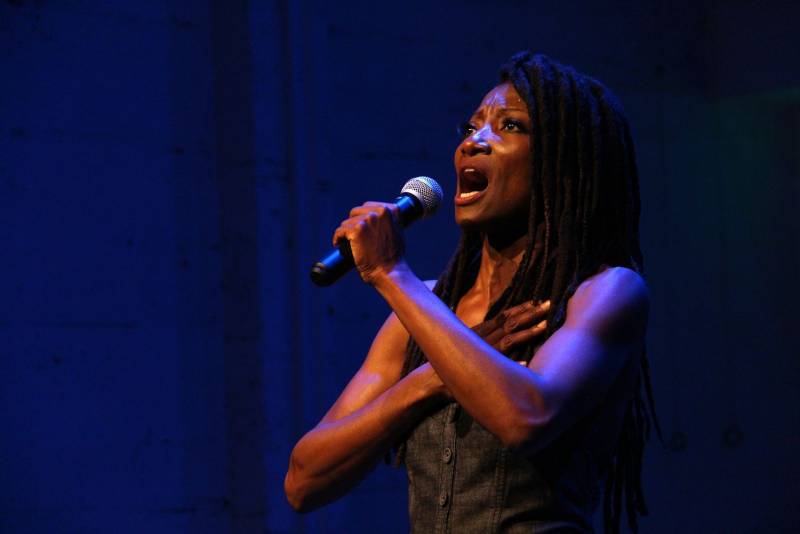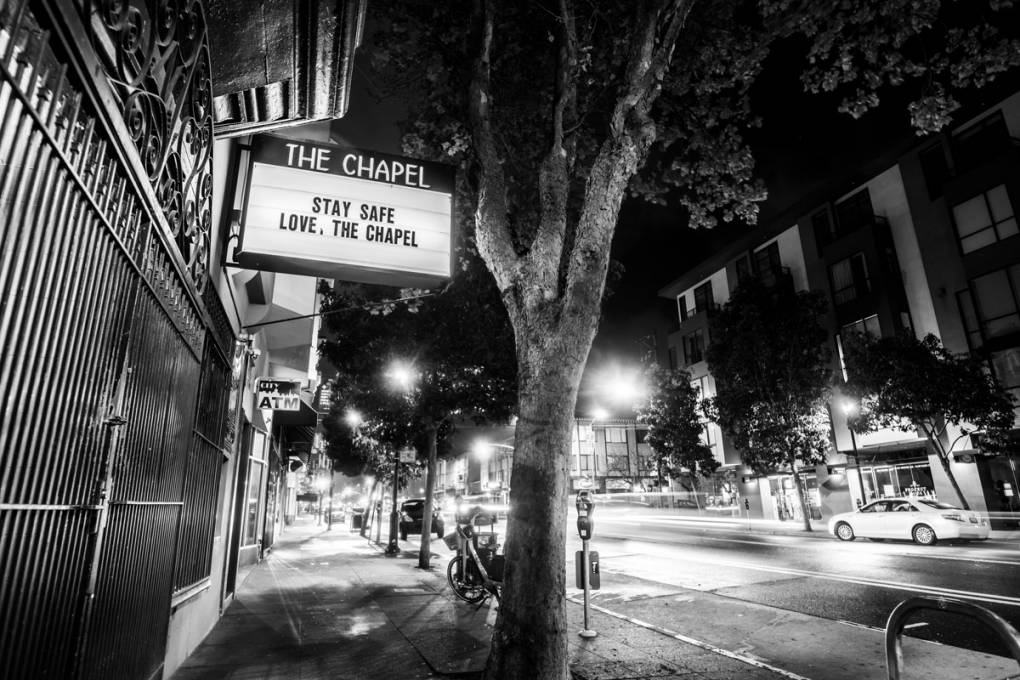Update, Oct. 21, 1:34pm: Governor Gavin Newsom’s office has sided with the San Francisco International Arts Festival, stating that it agrees with the plaintiff’s argument that the arts should be subject to the same guidelines as other First Amendment-protected activities, such worship services and protests. Because the state’s guidelines for artistic performances are still being written, Newsom’s office has issued an interim directive that allows performances with audiences of under 100 people. It requires the approval of city and county public health officers. KQED has reached out to Mayor London Breed’s office for comment.
Original post:
The San Francisco International Arts Festival and artist Nkechi Emeruwa are suing Mayor London Breed and Governor Gavin Newsom to allow an outdoor music, theater and dance performance to go forward despite COVID-19 restrictions, citing the right to free speech under the First Amendment.
The lawsuit comes after months of debate about what kinds of public events should be allowed in the city’s phased reopening process.
Since San Francisco began resuming parts of its economy after its initial COVID-19 shutdown, the organizers of the San Francisco International Arts Festival (SFIAF) and other industry leaders, such as the Independent Venue Alliance, have advocated for the city to allow outdoor, socially distanced music and theater performances. They argue that the arts should not be excluded when outdoor dining, political rallies and religious services are allowed; furthermore, artists and arts organizations are struggling financially without robust government aid or a way to generate income.




